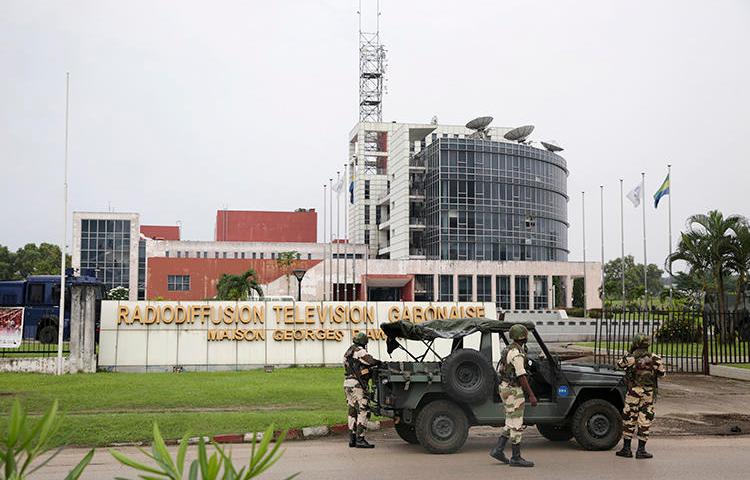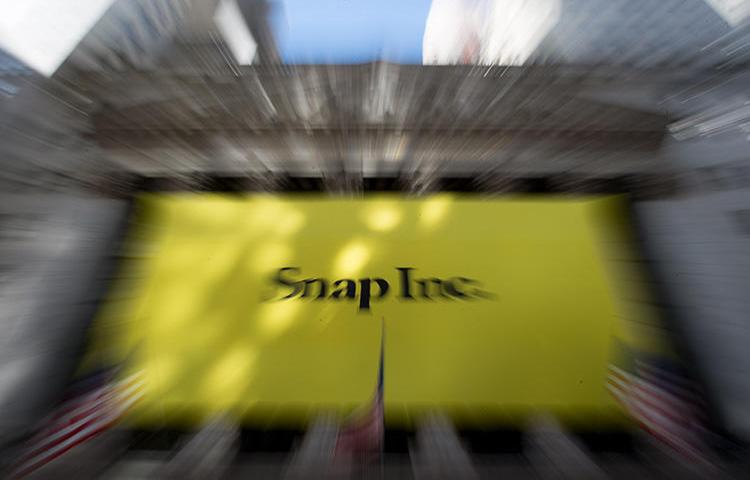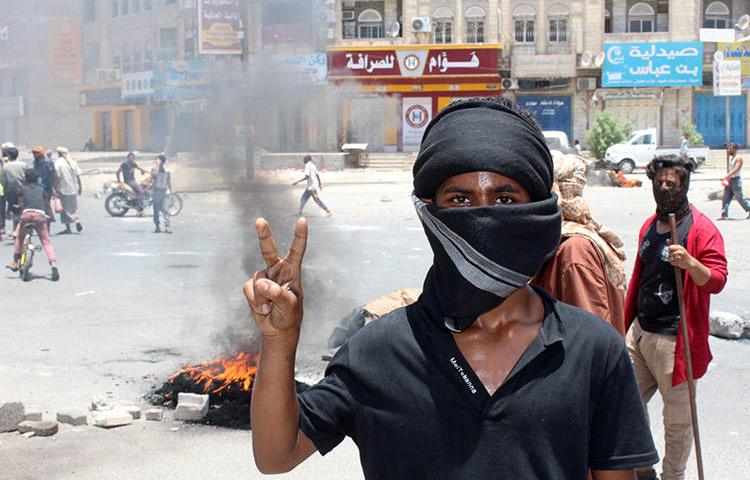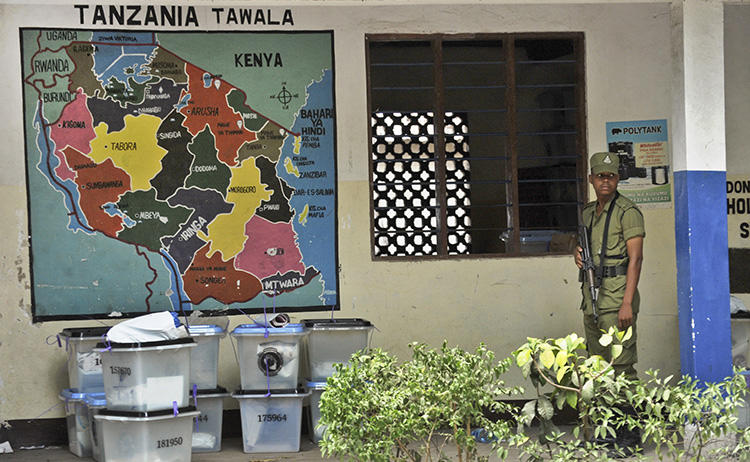
In Canada, police block media from covering break up of indigenous pipeline protest
New York, January 8, 2019–The Royal Canadian Mounted Police (RCMP) yesterday blocked reporters from covering a pipeline protest near Houston, British Columbia, where police were due to dismantle camps set up by indigenous activists, according to reports.

Gabon shuts down the internet and broadcasting services following coup attempt
Abidjan, January 7, 2019–Gabon’s government on Monday morning shut down the internet and broadcasting services following an attempted coup against President Ali Bongo, according to digital rights groups Netblocks, and Internet Without Borders, news reports, and local journalists and civil society organizations with whom the Committee to Protect Journalists spoke.

DRC authorities cut internet and broadcast signals after election
New York, January 3, 2019–Authorities in the Democratic Republic of Congo should immediately take steps to ensure citizens have access to the internet and news outlets as the country awaits the results of its election, the Committee to Protect Journalists said today. The government has cut access to internet and SMS services, blocked the signals…

In Ethiopia, mobile internet cut in the capital amid clashes and protests
Nairobi, September 21, 2018–The Committee to Protect Journalists today urged Ethiopian authorities to ensure internet is available, including during times of unrest when access to information provided by journalists is crucial. Mobile internet was unavailable in the capital, Addis Ababa, from September 17 to the morning of September 19 amid protests and clashes, according to…

Undiscoverable: How Al-Jazeera’s Snapchat channel disappeared from three Gulf nations
Search for “Al-Jazeera” on Snapchat, and the first result that comes up is a ubiquitous publisher channel in the app’s famed vertical layout. That is, unless you are in Saudi Arabia, the United Arab Emirates (UAE), or Bahrain. Users in these counties are instead offered a list of stores and restaurants that bear a similar…

Journalists in Yemen under attack from all sides as rival forces crack down on critics
In its report released late last month, the U.N. Human Rights Council found that all groups involved in the Yemen conflict–from the government-controlled south, with its militias propped up by the UAE-led coalition and loyal to the secessionist Southern Transitional Council, and areas held by the rebel Ansar Allah or Houthi movement–were responsible for widespread…

CPJ joins call for UN Human Rights Council to address crackdown in Tanzania
The Committee to Protect Journalists and 29 other civil society groups yesterday wrote to the member and observer states of the United Nations Human Rights Council urging them to address the deteriorating situation for human rights, including freedom of the press, in Tanzania during the upcoming 39th session of the council in September.

How Turkey silences journalists online, one removal request at a time
On June 19, Abdülhamit Bilici, the last editor-in-chief of the now-shuttered Turkish paper Zaman, tweeted about the decline of press freedom in his home country. If you can see his tweet, you are probably not in Turkey because it is among the over 1.5 million tweets belonging to journalists and media outlets censored there under…

CPJ condemns pre-election news censorship in Cambodia
Bangkok, July 30, 2018–The Committee to Protect Journalists today condemned the Cambodian government’s move to block news websites ahead of yesterday’s national elections and called for an end to the state’s censorship and harassment of the media.
